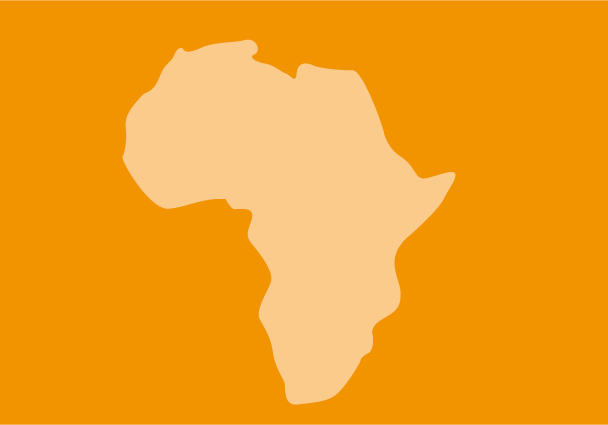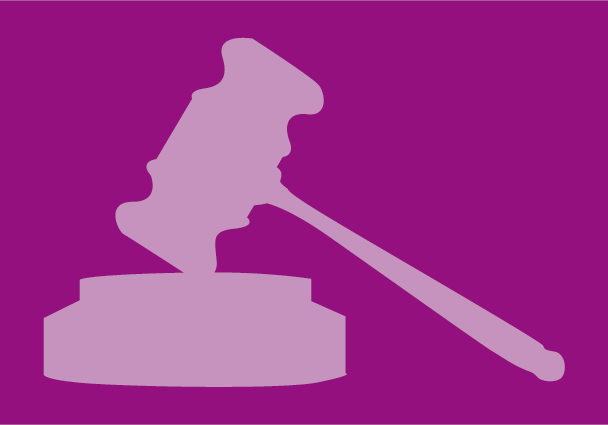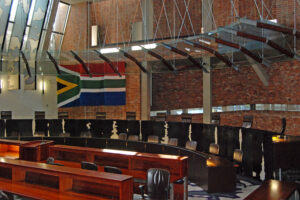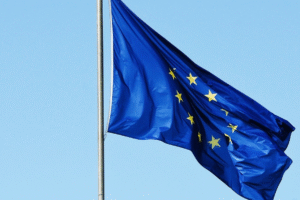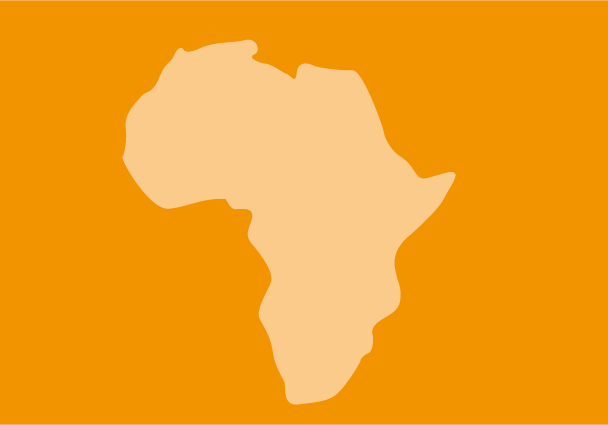
Enhancing civil society participation in the ICC Review Conference : the international symposium on stocktaking processes
This symposium brought together African judges, lawyers, media actors, academics and human rights groups to enhance their participation in the Review Conference of the States Parties to the Rome Statute.
Co-hosted by the ICJ, the Human Rights Network of Uganda (HURINET-U) and the Uganda Coalition on the International Criminal Court (UCICC) in the last days leading up to the ICC Review Conference, the symposium focused on discussions around the four stocktaking issues – complementarity, cooperation, the impact of the Rome Statute system on victims and affected communities, and peace and justice – for which the participants identified urgent problems, articulated key priorities and recommended to the Assembly of State Parties actionable policies in a communiqué, which was handed over to Ambassador Christian Wenaweser, President of the Assembly of State Parties to the Rome Statute.
Uganda-symposium stocktaking processes-event-2010 (full text in English, PDF)
Uganda-symposium stocktaking processes-agenda-2010 (full text in English, PDF)
Uganda-communique state delegates-event-2010 (full text in English, PDF)

